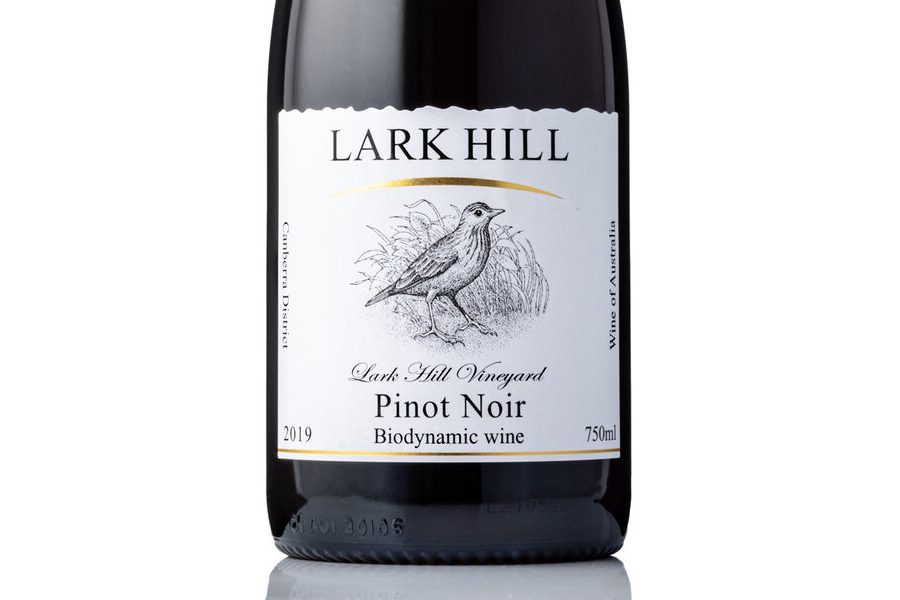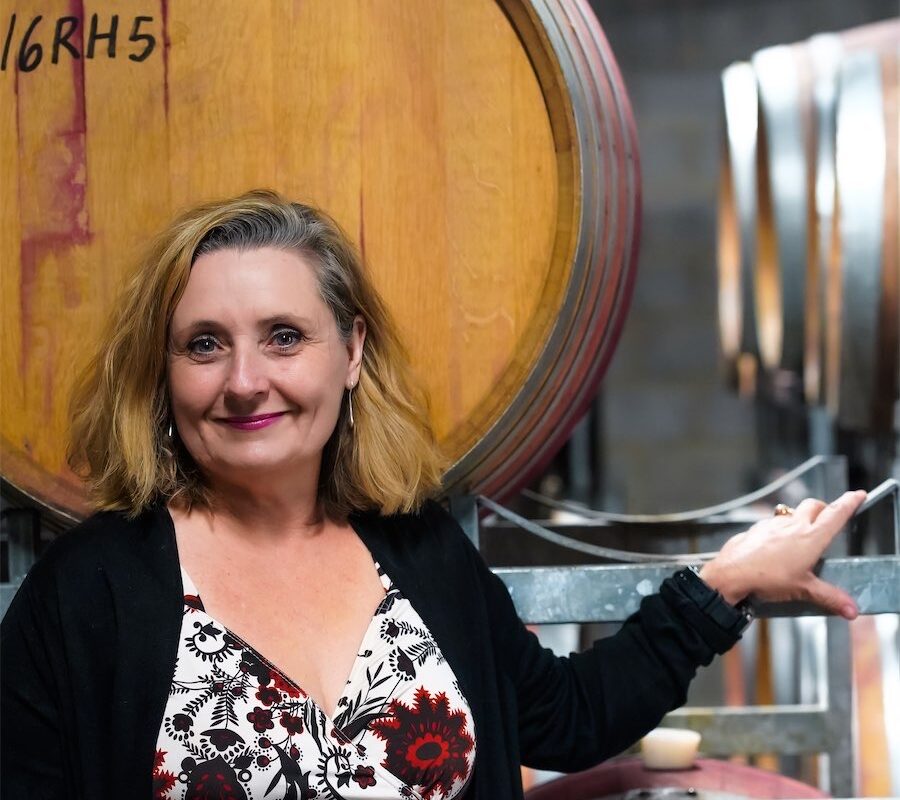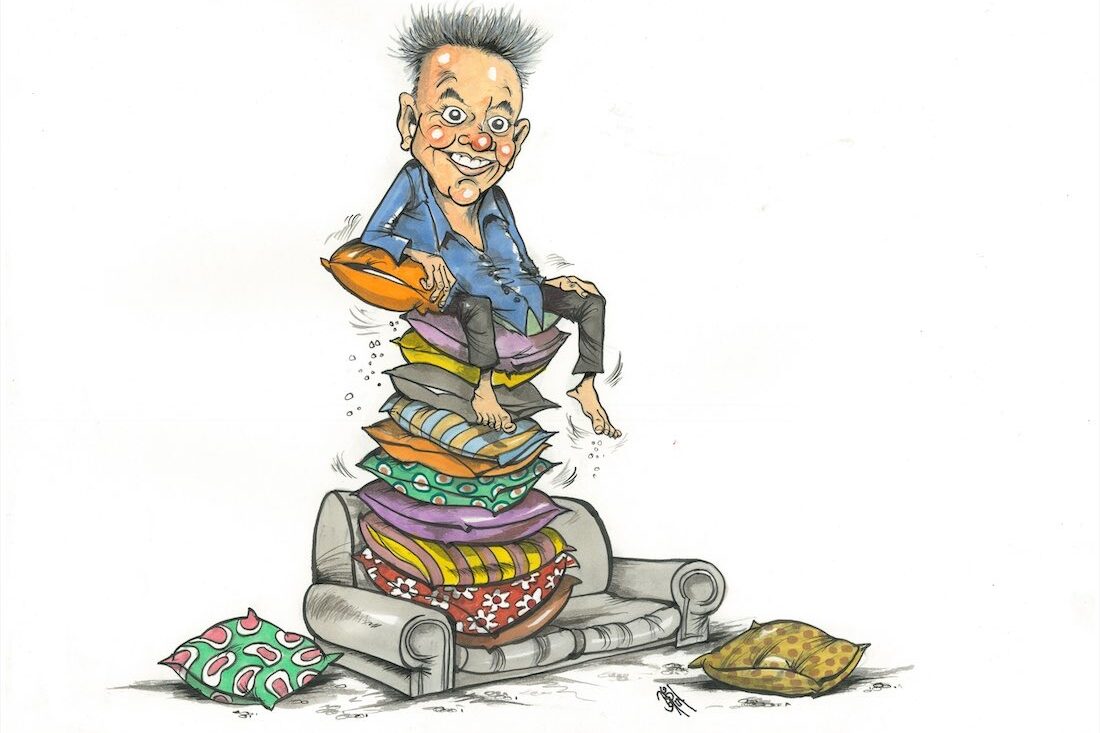
“Steiner in the 1920s famously warned that the widespread use of chemical fertilisers would lead to the decline of soil, plant and animal health,” writes wine columnist RICHARD CALVER in praise of biodynamic farming.
It was another winter Friday night, cold with rain pelting down, and we were nestled in the Symposium bar and restaurant at the ANU after a gym workout.

Two glasses of top-quality wine with some of the scrumptious food was the order of the day. Just like if you got the bird flu this is the “tweetment” we needed after exercise.
And speaking of birds, we started with the local: a glass of the 2022 Lark Hill Estate Pinot Noir. The Symposium online wine list shows that the 2021 Lark Hill pinot noir sells for $80 a bottle, but the vintage has obviously moved on and this night the wine was on sale at $15 a glass. The 2022 is shown on the winery’s website as selling for $55 a bottle so the markup to $80 is reasonable.
This pinot is on the savoury side but with a dark cherry finish; it is light in colour (as with most pinots, given their thin skins) but has depth of flavour. It is a good reflection of this varietal, but is yet to develop the earthy complexity that comes with age.
The next wine, the 2018 Bonics Quintess shiraz, also usually sells for $80 a bottle at Symposium. Again it was $15 a glass. The vineyard is located in Jerilderie, NSW, in the heart of the Riverina, about 400 kilometres from Canberra.
Like Lark Hill, owned by the Carpenter family, this is a family vineyard, owned by the Bonics family. It is also a biodynamic vineyard, as is Lark Hill.
The shiraz was a perfect accompaniment to the sirloin, sliced and served with mushrooms and kale. The wine sells for a nudge under $50 a bottle from the vineyard, so again the markup is reasonable.
The wine is medium bodied, with a floral bouquet. It was soft for a shiraz, unlike say a Warrabilla or a Burge Family Wine shiraz, which are big and bold with high alcohol content. Instead, this wine has a silken, soft finish, the tannins discernible but smooth, and is 13 per cent alcohol by volume. It was slightly spicy with a richness that surprised me. Top notch.
The common feature of these two wines is they are produced biodynamically. My children went to a Steiner School so the biodynamic process is familiar.
Steiner in the 1920s famously warned that the widespread use of chemical fertilisers would lead to the decline of soil, plant and animal health and he approached agriculture from the perspective of the farm or vineyard being a self-sustaining organism that thrives through biodiversity.
Reflecting that philosophy, Lark Hill on its website says this about their approach to biodynamics:”At its heart, biodynamics treats a farm as a living organism – a (sic) interconnected web where crop health comes as a function of farm health, not in isolation.
“The first step to this is using the organic farming standards to eliminate artificial, toxic inputs into the farm. Beyond this, biodynamic farming uses a collection of natural methods to increase crop health by re-establishing and supporting positive microbiology in the soil and on the crop itself.”
This approach is commendable; both wineries, Lark Hill and Bonics, are certified biodynamic with Lark Hill indicating that for some time the vineyard has complied with the National Standard for Organic and Biodynamic Produce. This standard was implemented in 1992 as the Australian Export Standard for products labelled as organic or biodynamic so that Australia could negotiate an equivalency agreement with the European Union. Bonics displays its Australian Certified Biodynamics certificate number on the label.
To end, I’d tell you a chemistry joke but I am worried about a reaction.
Who can be trusted?
In a world of spin and confusion, there’s never been a more important time to support independent journalism in Canberra.
If you trust our work online and want to enforce the power of independent voices, I invite you to make a small contribution.
Every dollar of support is invested back into our journalism to help keep citynews.com.au strong and free.
Thank you,
Ian Meikle, editor




Leave a Reply